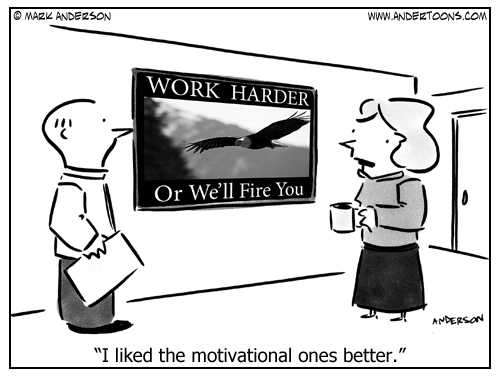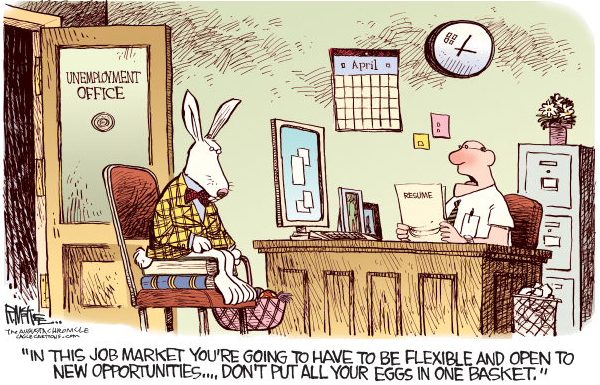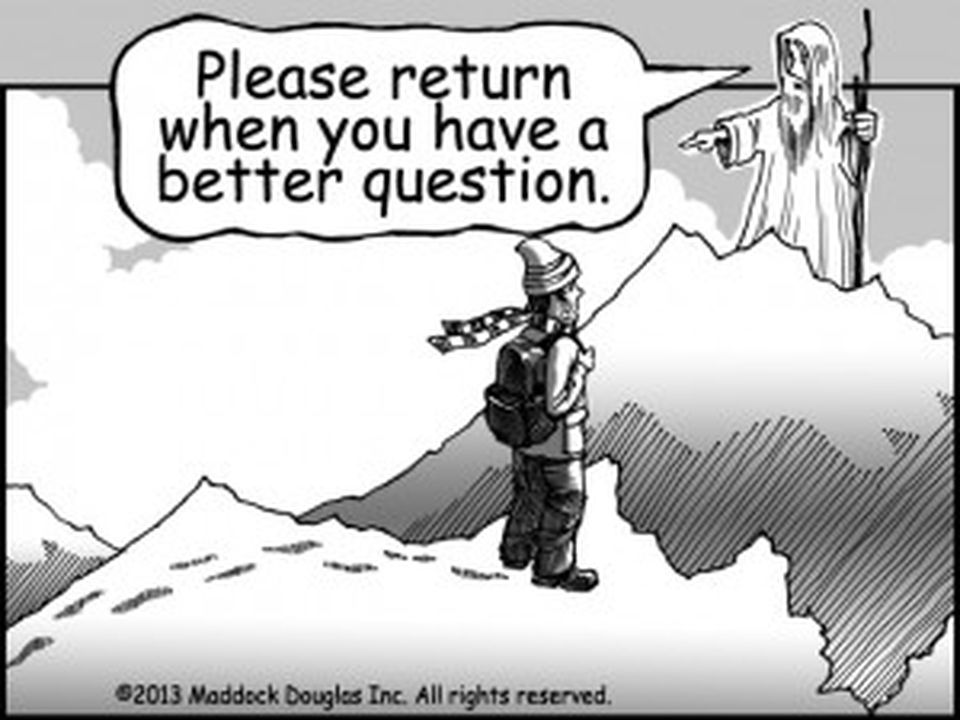 You need margin to think. You need margin to play. You need margin to laugh. You need margin to dream. You need margin to have impromptu conversations. You need margin to seize unanticipated opportunities. Mark Batterson
You need margin to think. You need margin to play. You need margin to laugh. You need margin to dream. You need margin to have impromptu conversations. You need margin to seize unanticipated opportunities. Mark Batterson
It’s hard to walk on a narrow, straight line. There’s little room for error so even trying is stressful. Walking between two parallel lines is easier, especially if the gap between the two lines is broad.
As you walk through life, give yourself some margin.
In his book Fairness is Overrated, Tim Stevens shares these thoughts about the benefits of having margin in your life.
- Margin makes you pleasant; no margin makes you grumpy.
- Margin allows you to be generous; no margin makes you Scrooge-like.
- Margin helps you listen. Without margin, you come across as someone who doesn’t care.
- Margin gives you space to learn, grow, and dream. Without margin you become stale and empty.
We need to maintain margin in our schedule ( free time), finances (discretionary funds), emotional energy (time away from high-maintenance people and situations), and expectations (of ourselves and others).
I recently asked members of my staff why we all struggle with creating margins in life. Here are some of their responses:
- Cell phones, social media – I’m always connected.
- I have difficulty saying “no.”
- Margins must be proactively scheduled/planned; I just don’t do that.
- Boundaries help create margins; I just don’t create boundaries in my life.
- I have unrealistic expectations of what I should produce so I’m always in hyper-productivity mode.
- Some psychological baggage from my past makes it hard for me to slow down; in an unhealthy way, my sense of well-being is tied to my staying busy.
In a separate post, we’ll talk about “tightening up your life.” Some people have too much margin; they are unproductive and irresponsible. But this week, analyze your life in terms of margin.
[reminder]What are your thoughts about this essay?[/reminder]
[callout] 12 best books I read last year – book 6 of 12
Chasing Venus – Andrea Wulf, 2012. On two days in 1761 and 1768, astronomers observed Venus traveling across the face of the sun. They used the data to calculate the dimensions of our solar system. If you like history and science you’ll enjoy this book. Click here for more information from Amazon.[/callout]

 I recently heard a lecture given by an engineer who worked on the Apollo 11 mission that put Neil Armstrong, Edwin “Buzz” Aldrin, and Michael Collins on the moon. He said that during the entire flight, “90% of the time we were off course.” The target stayed the same—land on the moon—but getting there required constant monitoring and adjustments. There was no cruise control function during the nine days it took to get there and back.
I recently heard a lecture given by an engineer who worked on the Apollo 11 mission that put Neil Armstrong, Edwin “Buzz” Aldrin, and Michael Collins on the moon. He said that during the entire flight, “90% of the time we were off course.” The target stayed the same—land on the moon—but getting there required constant monitoring and adjustments. There was no cruise control function during the nine days it took to get there and back. This illustration may seem mundane and simplistic but it speaks to an important issue.
This illustration may seem mundane and simplistic but it speaks to an important issue. Work on crafting a personal response to the following questions. Answering them may open up a new space in your mind. They can also provoke interesting conversation; the next time you’re having dinner with friends, pose a question and ask everyone to respond. My response to each issue is in brackets.
Work on crafting a personal response to the following questions. Answering them may open up a new space in your mind. They can also provoke interesting conversation; the next time you’re having dinner with friends, pose a question and ask everyone to respond. My response to each issue is in brackets.